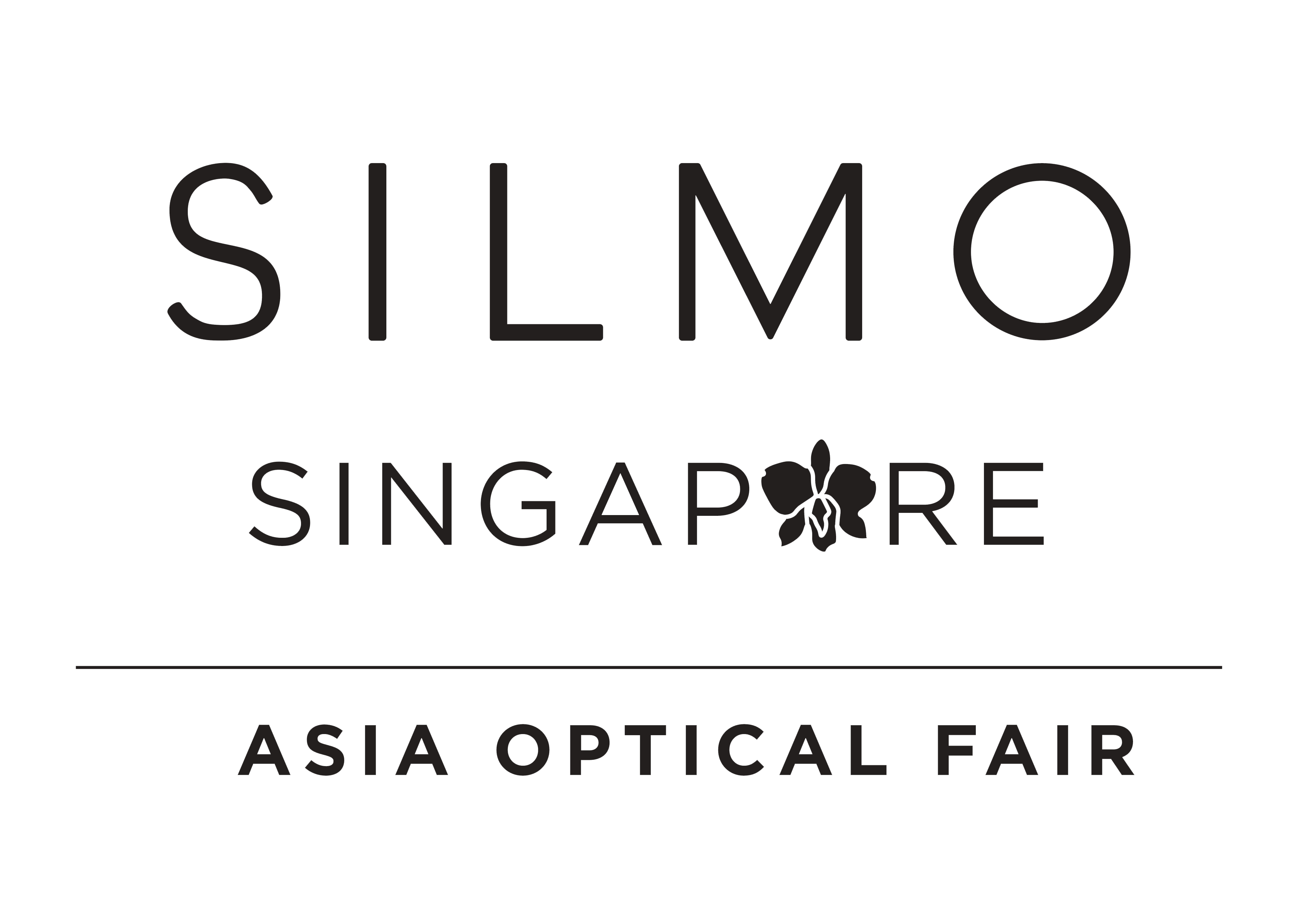Professor of Clinical Vision Science
University of Bradford
United Kingdom
David Elliott is the Professor of Clinical Vision Science at the University of Bradford in the UK, having previously been an Assistant Professor of Optometry at the University of Waterloo in Canada. He has authored over 120 peer-reviewed research publications in leading multi-disciplinary, optometry, ophthalmology, vision science and gait research journals. He is the currently editor-in-chief of the American Academy of Optometry’s research journal Optometry & Vision Science, having previously been the editor-in-chief of the UK College of Optometrists’ research journal Ophthalmic & Physiological Optics between 2010 and 2020. He is the editor of the leading textbook Clinical Procedures in Primary Eye Care, which is now in its 5th edition. Dave has been presented with the Glenn Fry (2013), William Feinbloom (2018) and Garland W Clay (2009, 2011) awards by the American Academy of Optometry and a Life Fellowship by the UK College of Optometrists (2019) in recognition of his research into how vision affects everyday life in older people and editorial work respectively.
“Non-tols”, Rechecks and Remakes: Why They Occur and How to Avoid Them
The lecture summarises the extent of non-tolerances or “non-tols” (also called rechecks; patients who return to an optical practice because they are dissatisfied with their new spectacles) and their causes. Many non-tols lead to the need to remake the spectacles at no cost to the patient. Evidence will be presented that supports the prescribing of a refractive correction that differs from the subjection refraction result to reduce non-tols. This correction is typically modified based on the difference between the habitual or presenting spectacle correction and the subjective refraction. This evidence includes a review of the validity and variability of subjective refraction, the degree of tolerance to small changes from the subjective refraction and causes of spectacle adaptation difficulties in the elderly. A series of recheck cases from a recent study will be used to demonstrate the problems and illustrate the usefulness of recommended prescribing guidelines.
Learning Objectives
- To understand the extent of “non-tols” and their causes
- To understand the variability in subjective refraction results
- To understand the various prescribing guidelines that are based on the difference between the habitual correction and subjective refraction result that can help patients adapt to new spectacles
Reference
Beesley J, Davey CJ, Elliott DB. What are the causes of non-tolerance to new spectacles and how can they be avoided? Ophthalmic & Physiological Optics 2022; 42: 619-632

